From the Pastor’s Desk
Dear St. Mary’s Parishioners:
Few teachings of Christianity are more bizarre than the Resurrection of the dead. We hold that at the end of the world, when Jesus finally triumphantly returns during the Second Coming, the bodies of the dead will be raised and reunited with their souls. In other words, we get our bodies back! You may be scratching your head in bewilderment? In our day it’s commonplace to think that the goal for our souls is to be freed and become “like the angels”. Not so in eschatology (the systematic study of the last things, namely death, judgment, heaven and hell). We become whole again, body and soul. Yet something has changed. We simply do not return to our old state of being. The few clues we have in Sacred Scripture are from Christ himself. We can see in the Gospels that after Jesus is raised from the dead, he is truly bodily present, not just in a vague spiritual sense. St. Thomas famously said, “Unless I see the nail marks in his hands and put my finger where the nails were, and put my hand into his side, I will not believe.” (John 20:25). Our Lord appears in the next few verses and tells him, “Put your finger here; see my hands. Reach out your hand and put it into my side. Stop doubting and believe.”
In other instances Jesus is seen eating fish after being raised from the dead in Luke 24:41-43. At the same time, it would seem that this new body of his is also no longer limited by space and time as we are. In John 20:19, a dramatic scene unfolds: “On the evening of that first day of the week, when the doors were locked, where the disciples were, for fear of the Jews, Jesus came and stood in their midst and said to them, ‘Peace be with you.’” Jesus appears out of nowhere, despite being barricaded in a secure room. Then again, during the famous encounter with Jesus on the Road to Emmaus in Luke 24:13-45, our Lord suddenly vanishes before the eyes of the two disciples. All of these examples reveal that our new resurrected body is radically different and yet recognizable. In theology, we call this new state of being, a “spiritualized body”.
Despite the strangeness of this teaching of which Our Lord clearly teaches in this Sunday’s gospel, I dare say, we intuitively desire a new “resurrected” body. We all in some way understand the failings of the bodies we have now, which are devastated by disease, cancer, pain, and the relentless slow onslaught of age. We spend billions of dollars on beauty products and surgeries to achieve the ever elusive “perfect body”. Regardless if we are blessed with supermodel good looks or the physique of an Olympic athlete, our bodies will eventually betray us. The Christian doctrine of the resurrection, albeit strange, is the hope of us all.
In Christ,
Fr. Brian J. Soliven
